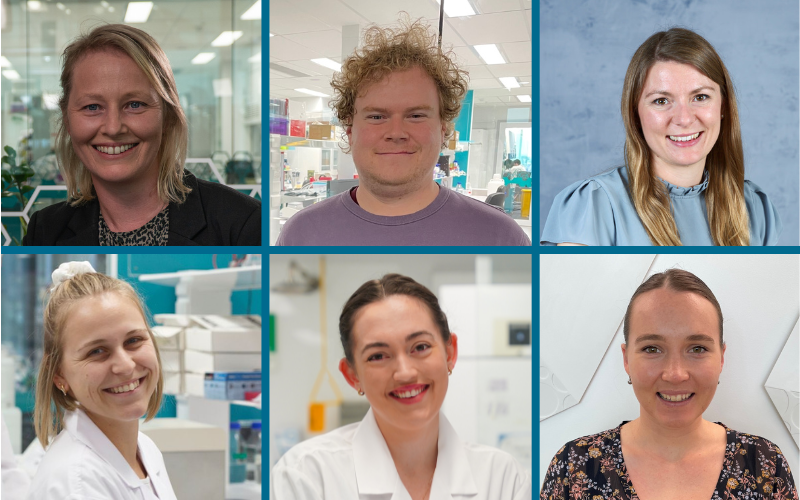Search
Showing results for "1"
The aim of the study is the early identification of problems with the current flu vaccines, and providing parents and professionals with up to date information.

This study is aiming to investigate how sun exposure and time outside impacts the health of your child’s eye and eye growth, over a period of rapid growth in their lives.

News & Events
Healthy holiday habitsThe school holidays and Christmas are a welcome break for most families but the lack of routine can prove a trying time for families living with Type 1 Diabetes

News & Events
CGM with remote monitoring makes for happy familiesParents of young children with type 1 diabetes experience significantly better quality of life and reduced fear of hypoglycaemic episodes when given remote access to their child's continuous glucose monitoring, new Children's Diabetes Centre research has found.
Research
Short-course oral co-trimoxazole versus intramuscular benzathine benzylpenicillin for impetigo in a highly endemic regionThe major burden of disease is in developing and tropical settings where topical antibiotics are impractical and lead to rapid emergence of antimicrobial...

News & Events
Wal-yan respiratory researchers head to Milan to participate in international congressThe Wal-yan Respiratory Research Centre is proud to have a team of researchers taking part in, and contributing to, the outstanding scientific programme of the European Respiratory Society International Congress, taking place in Milan.
Research
Aural toilet (ear cleaning) for chronic suppurative otitis mediaChronic suppurative otitis media (CSOM), sometimes referred to as chronic otitis media (COM), is a chronic inflammation and often polymicrobial infection (involving more than one micro-organism) of the middle ear and mastoid cavity, characterised by ear discharge (otorrhoea) through a perforated tympanic membrane.
Research
Cord blood Streptococcus pneumoniae-specific cellular immune responses predict early pneumococcal carriage in high-risk infants in Papua New GuineaWe aimed to explore whether newborns in high-risk areas have pre-existing pneumococcal-specific cellular immune responses that effects early acquisition.
Research
Early morbidity and mortality following in utero exposure to selective serotonin reuptake inhibitorsThe early years of life have a profound effect on a child's developmental pathway.
Research
CASSETTE-clindamycin adjunctive therapy for severe Staphylococcus aureus treatment evaluation: Study protocol for a randomised controlled trialThis study will assess the effect of adjunctive clindamycin on patient-centred outcomes in severe, toxin-mediated S. aureus infections
